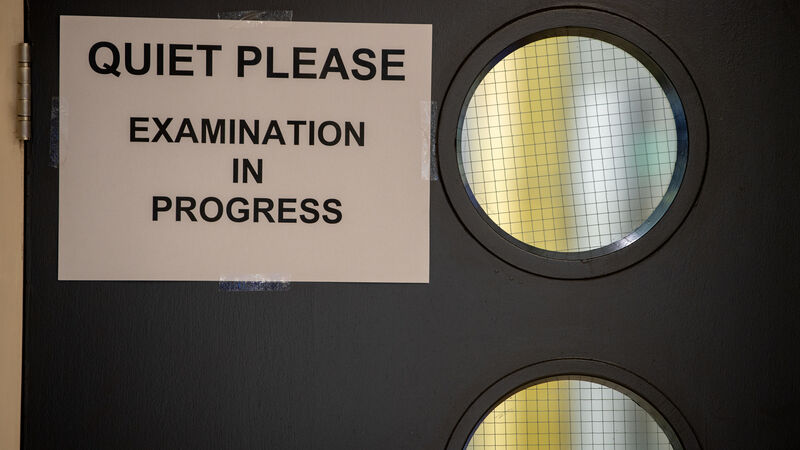Gareth O'Callaghan: It's the learning that changes your life, not the results

The exam style is due to be remodelled in the next four years, with each subject having a 40% project assessment and written exams in June making up the remaining 60%. File photo: Domnick Walsh © Eye Focus LTD
School teachers are familiar with the old proverb that students don’t care how much you know until they know how much you care. Everyone has a favourite teacher from somewhere back in their younger years.
I remember that August afternoon when the head brother handed me the sealed envelope. I had been working earlier in the day, so I was the last of the class of ‘78 to receive my exam results. As I stared at it unopened, I couldn’t help thinking it had felt like a lifetime since I’d sat the exams.

















